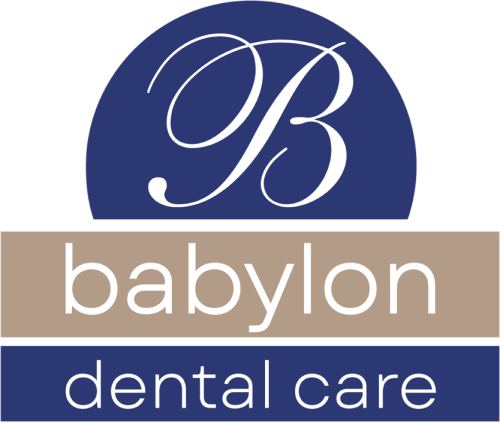Bad breath, or halitosis, can be socially challenging and uncomfortable. If you worry that you have this condition, you are not alone. People of all ages suffer with halitosis from time to time. However, some individuals consistently suffer from bad breath despite attempts to reverse it. For many people, practicing good oral hygiene can solve the problem. For others, dental/medical conditions result in bad breath.
It is important to not only use proper oral hygiene but to see your dentist if the problem persists.
Causes of Bad Breath
The most common causes of bad breath are:
- Inadequate Oral Hygiene: It is essential to brush your teeth and floss after every meal. If you don’t, small food particles remain in your mouth, and as they break down, they can lead to bad breath. In addition, when you eat, food coats your tongue, something you must remove. If you don’t have a food scraper, you can use your toothbrush. If bacteria is left to grow, it will coat your teeth and gums, forming plaque. The plaque hardens and causes periodontal disease, which can result in tooth loss.
- Lack of Adequate Saliva: Dehydration, sleeping with your mouth open, or certain medications can cause your saliva to dry up. Dry mouth occurs during sleep and results in “morning mouth.” Persistent dry mouth can lead to bad breath.
- Smoking: Aside from the odor caused by smoking, smokers are more likely to have gum disease, which is another cause of bad breath.
- Medications: Certain medications can cause halitosis. It may be due to chemicals in the meds or by causing dry mouth.
Diseases That Cause Bad Breath
Diseases and other conditions can also be a source of halitosis. Some common ones are:
- Diabetes: Diabetics are more likely to have bad breath due to gum disease. In addition, the gum infection increases blood sugar.
- Nasal, Lung, or Throat Infections: Nose or sinus discharge can result in a foul odor. Lung infections, such as pneumonia, are also known to cause bad breath.
- Acid Reflux: Consistent reflux can cause an odor, especially when stomach acid erupts into the mouth.
- Tonsil Stones: These are hardened food particles in tonsillar pockets. They have a foul odor and contribute to bad breath.
- Cancer: Many types of cancer can cause a foul breath odor.
- Kidney or Liver Disease: Mouth odor, in this case, results from toxins that remain in the blood when the liver and kidneys stop filtering them.
- Sjögren’s Syndrome: This autoimmune disease often causes dry mouth, leading to bad breath.
Dealing With Bad Breath
Ways to get rid of bad breath include the following:
- Brush and floss your teeth after every meal.
- Clean your tongue daily.
- Drink enough water to stay hydrated and eliminate bacteria from your mouth.
- Limit foods with strong odors.
- Do not smoke or use chewing tobacco.
- Refrain from eating or chewing foods or condiments heavy in sugar, which feeds bacteria.
- Make sure to have regular dental check-ups.
Call Babylon Dental Care Today
Babylon Dental Care can help you manage bad breath and keep your mouth healthy. We’ll do everything we can to make your visit comfortable. Call us at (631) 983-6665 or fill out our online contact form to get started.
